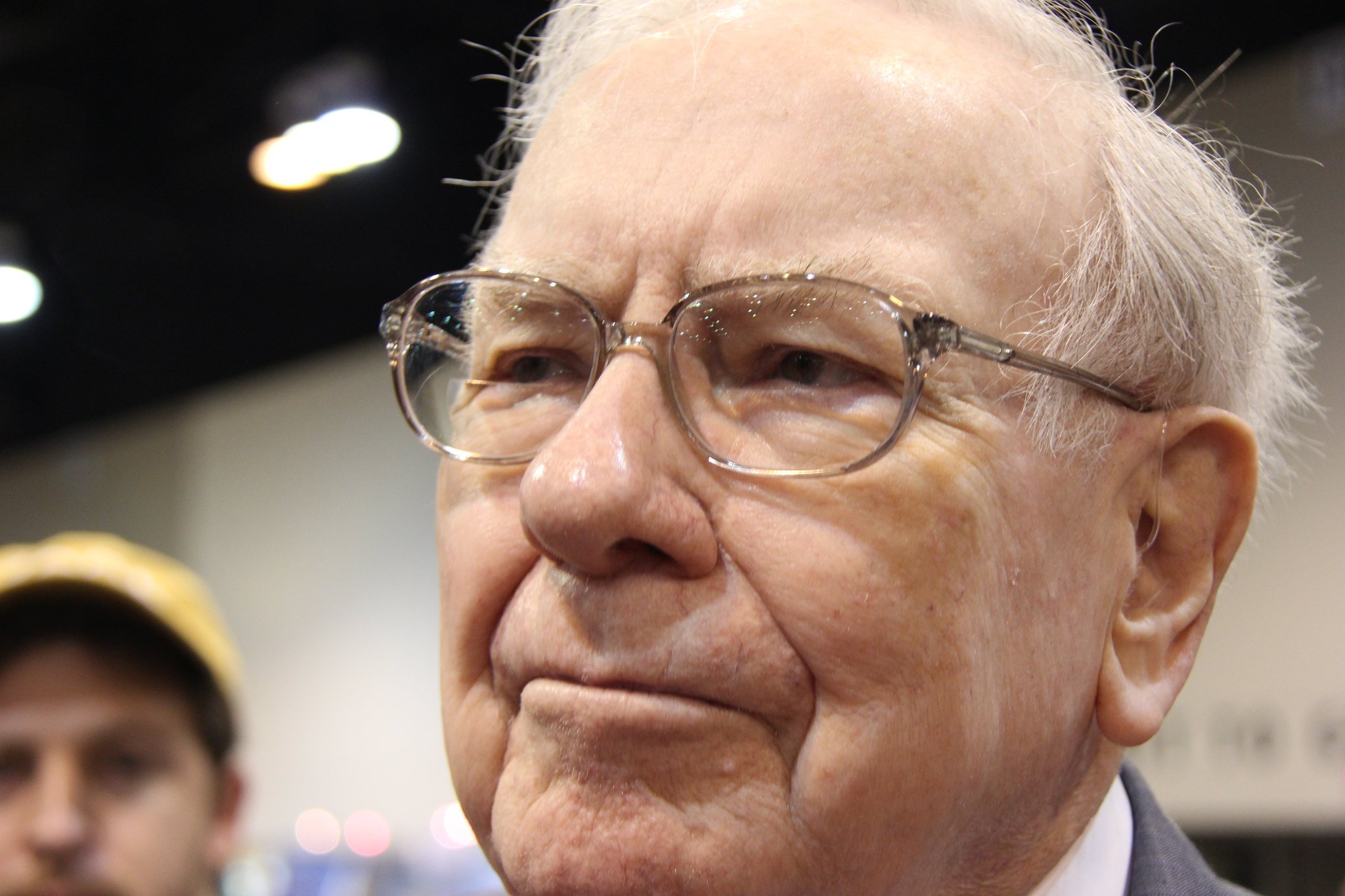In many cases, you get what you pay for. For example, an expensive pair of shoes is generally of better quality than a cheap one. However, the same logic does not apply to investments. Here's why lower-fee investments often deliver the best quality.
A full transcript follows the video.
This video was recorded on Nov. 27, 2017.
Michael Douglass: Let's head over to myth No. 3: You get what you pay for.
The other way of putting that is, if you spend more, you'll get more. That you pay up for quality. Of course, that's true in the consumer world, and that's one of the reasons why this is such a pervasive and powerful myth. Generally speaking, more expensive shoes are better quality. The same as cookware, the same with TVs, as I just learned. But, the fact is, it's just not necessarily true in investing.
Matt Frankel: Right. The glamorization of hedge funds over the last couple of decades has perpetuated this myth. Those are some of the highest-fee investments in the world, and people just think that because people are billionaires and investing in hedge funds that they're making tons of money, that if they find some high-fee investment like that, they will too. Unfortunately, it doesn't work that way. Most people would be better off sticking with a low-cost index fund, which charges next to nothing. Even actively managed mutual funds, for the most part, underperform passive index funds. Now, their fees aren't comparable to a hedge fund, which will charge you 2% of assets plus 20% of your gains. But, even if you're talking about a 1% expense ratio with a mutual fund vs. an S&P index fund that's charging 0.05%, that eats away at your gains over time.
Douglass: Yeah, in a really big and meaningful way. Actually, Warren Buffett pretty famously ended up in a bet against a hedge fund guy. It was a 10-year bet with $1 million on the line basically saying, would a Vanguard index fund beat whatever hedge funds this guy picked? And while the bet hasn't quite wrapped up yet, it's very close to it, and Warren Buffett is winning by a landslide. So, passive indexing really does, generally speaking, tend to work.
Frankel: Right. There's some bias to that. The general idea was, it was tied to about 200 different hedge funds. The guy he bet against picked five baskets of what are called "funds of funds" that are each a bunch of different hedge funds contributing to the pot. So, it was really over 100 hedge funds that were contributing to this bet. And Buffett's idea is, some of the hedge funds are going to outperform the market over time, some of them are going to underperform, but because they're charging these hefty fees, by definition the gains and the losses will cancel each other out and you'll just be left paying the fees. So you're better off just not paying fees and not doing anything, and investing in the overall market.
Douglass: Right. If you want to learn more about what fees could be in for your portfolio, I actually wrote a piece of couple of years ago on this exact topic, titled How 12 Minutes Could Save You $60,000. The punchline is basically, this is strictly by reducing your investing fees.





